The Complete 2021 Python Expert Super Bundle
147 Enrolled
12 Courses & 84.64 Hours
Deal Price$59.99
Suggested Price
$3,540.00
You save 98%
What's Included

$295.00 Value
Data Representation & Serialization
iCollege
35 Lessons (11.36h)
Lifetime
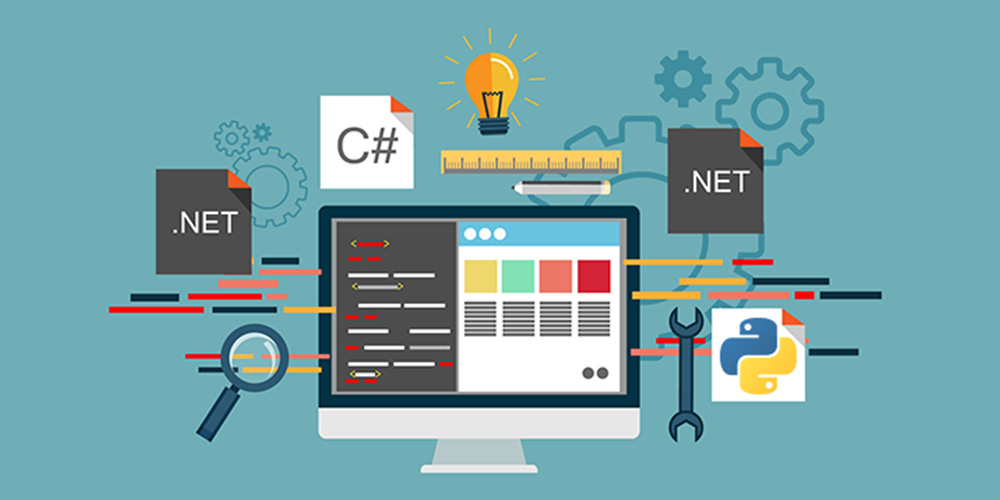
$295.00 Value
Introduction to Programming Using Python
iCollege
38 Lessons (12.44h)
Lifetime
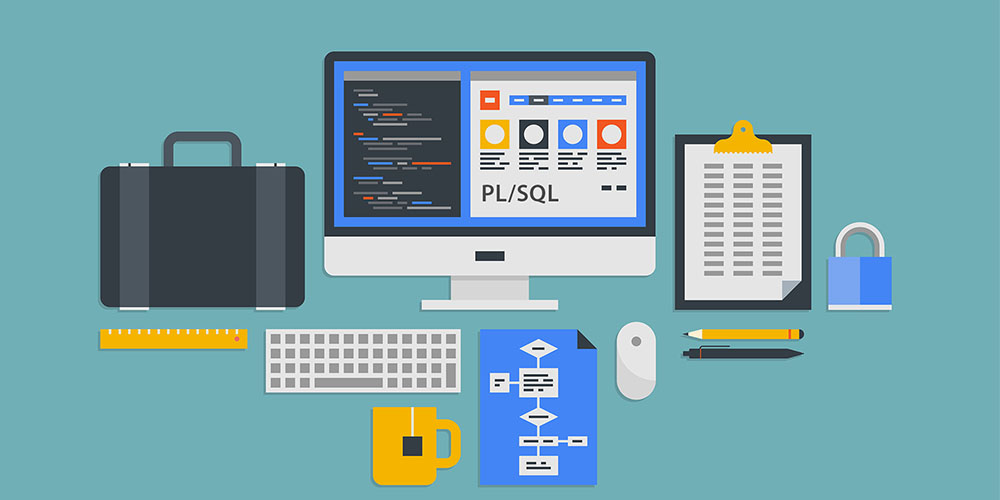
$295.00 Value
Object-Oriented Python
iCollege
16 Lessons (5.11h)
Lifetime

$295.00 Value
Programming Fundamentals
iCollege
35 Lessons (11.01h)
Lifetime
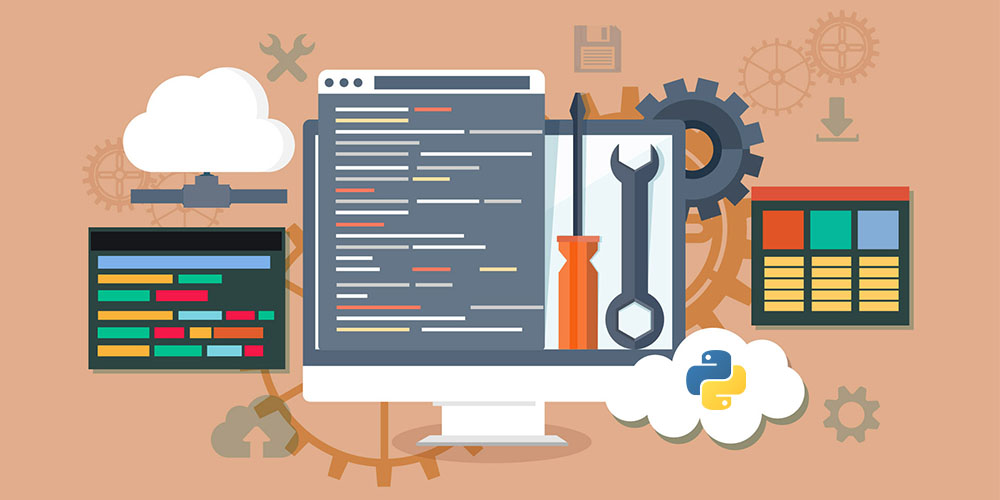
$295.00 Value
Python Programming
iCollege
19 Lessons (5.59h)
Lifetime
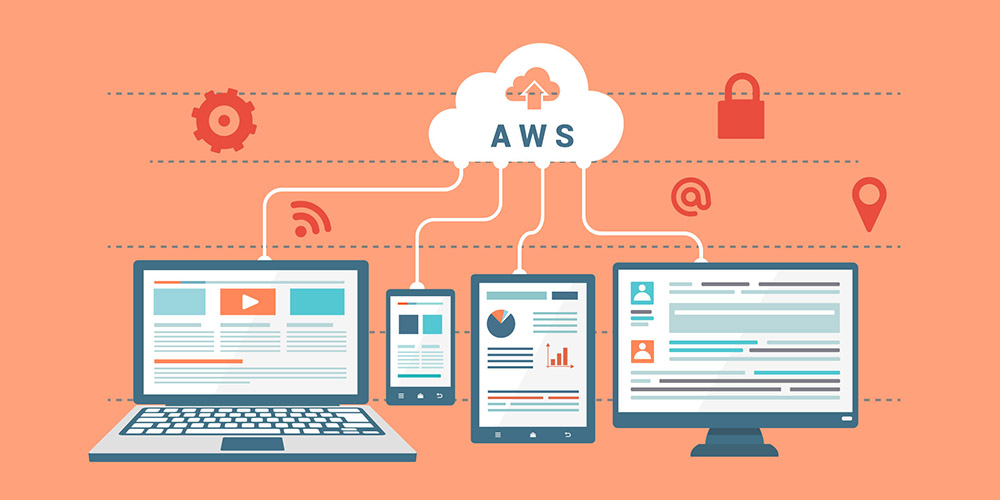
$295.00 Value
Python for Security
iCollege
25 Lessons (8.17h)
Lifetime

$295.00 Value
Python Data Model
iCollege
9 Lessons (3h)
Lifetime

$295.00 Value
Reading & Writing Files
iCollege
9 Lessons (2.59h)
Lifetime

$295.00 Value
Use the Standard Library
iCollege
14 Lessons (4.33h)
Lifetime

$295.00 Value
Using Community Code
iCollege
19 Lessons (6.19h)
Lifetime
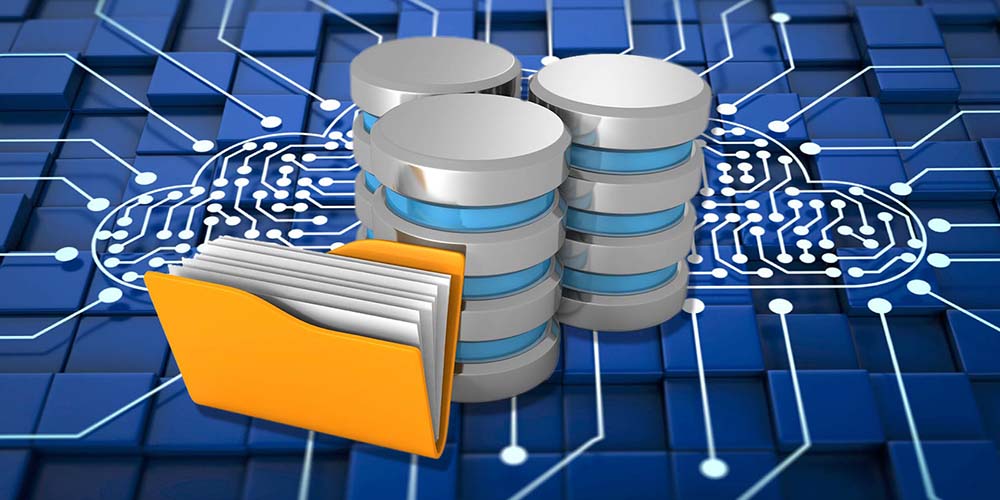
$295.00 Value
Dive Into the Python Standard Library
iCollege
28 Lessons (9.41h)
Lifetime
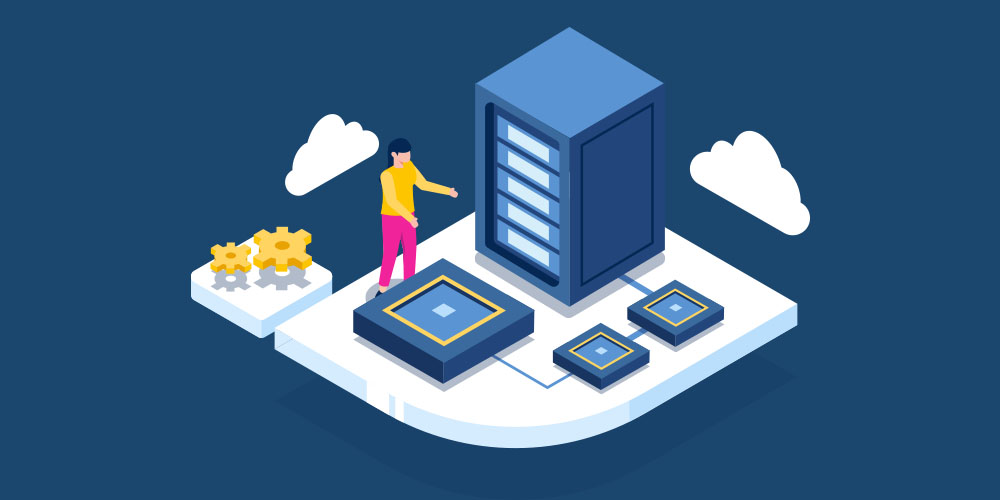
$295.00 Value
Hands-On Python for Networking Professionals
iCollege
17 Lessons (5.44h)
Lifetime
Terms
- Unredeemed licenses can be returned for store credit within 30 days of purchase. Once your license is redeemed, all sales are final.
1 Review
5/ 5
All reviews are from verified purchasers collected after purchase.
KL
Ken Loge
Verified Buyer
The content is well-organized, clearly laid out, and the examples are practical. The cost was also very reasonable, considering the breadth and quality of material.
Jul 20, 2021
Your Cart
Your cart is empty. Continue Shopping!
Processing order...


